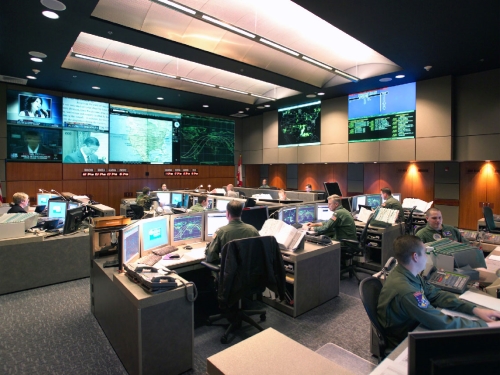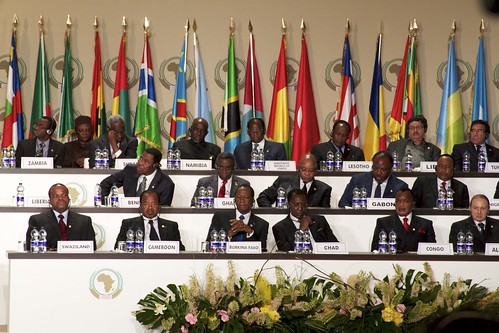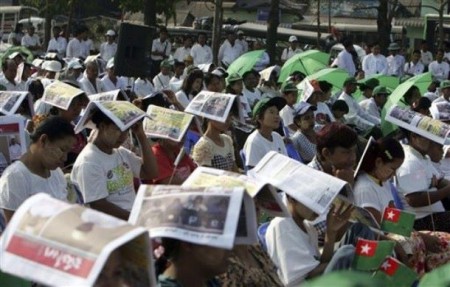
This article was originally published by E-International Relations on 13 February, 2015.
The North American Aerospace Defense Command (NORAD) has long been a function of the North American security environment. Initially established during the Cold War, NORAD was intended to fulfill a homeland defense role by looking outwardly to identify and interdict threats approaching Canada and the United States. In the post-9/11 period, NORAD’s focus has evolved and the institution has shifted from looking outwardly to include participation in homeland security operations taking place within the United States and Canada. NORAD’s participation in North American homeland security operations has resulted in the redefinition of the institution’s role in defense and security operations. In recent years, NORAD has provided airborne security at major sporting events, government conventions, and other large public gatherings. This homeland security support role has been buttressed by the institution’s appropriation of popular cultural icons, such as Santa Claus and Superman. These examples are symbolic of a broader shift away from strategic defense, towards a public relations’ role. In the post-9/11 period, NORAD’s primary function has been to affirm U.S. dominance over North American skies, and to convey to the public audience that the potential for future terrorist attacks remains a threat to domestic security.


